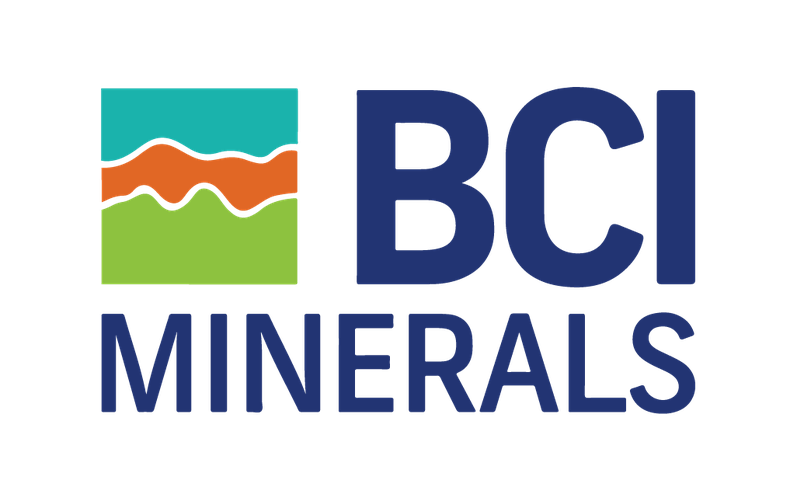Social Equity for BCI means fair access to opportunities and business participation in the social and cultural life of the community to promote liveability and viability and to ensure fair and safe treatment of all people involved and/or impacted by BCI’s projects and operations.
Health and Safety
Health and Safety at BCI Minerals means we build a sense of community focused on looking after each and every team member as well as the communities we work within.
We are committed to the health, safety and wellbeing of all members of our team to ensure we return home safe and well every day. To fulfil this commitment, we work with care, integrity, build health and safety systems integrated into operations and actively seek continuous improvement.
BCI’s Health and Safety Policy aligns to our value of ‘People and Assets’ with an aim to “look after each other’s wellbeing, value diversity of people and ideas, and protect our assets”. This value and strategy aligns the efforts of BCI and its contractors in the effective management of health and safety risks.
Our Health and Safety Policy is supported by activities that aim to define and promote our health and safety related values, priorities, strategies and behaviours for improving performance and is embedded throughout all phases of our projects.
Health and safety is everyone’s responsibility. Click here to read our Health and Safety Policy.
Community and Stakeholders
BCI acknowledges the importance of developing and maintaining meaningful, long-term relationships with communities where we do business. This is fundamental to our social licence to operate and one of our core values.
We will grow these relationships by maintaining a strong regional presence and engaging openly and transparently with our community stakeholders. We believe in proactive information sharing and listening to our stakeholders.
By encouraging sustainable partnerships which drive value and promote prosperity for regional communities and stakeholders, BCI recognises and will utilise its unique opportunity as a key community member to encourage and support positive socio-economic development in regional Western Australia. This includes the identification, development and implementation of shared value programs that deliver mutual benefits.
BCI has a strong local procurement and engagement strategy aimed at encouraging and supporting local and regional employment and business opportunities.
Click here to read our Community Policy.
If you have feedback you would like to pass on to our Community Relations team, please get in touch using the email address below and we’ll get back to you as soon as possible.
communityfeedback@bciminerals.com.au
Alternatively, please submit a complaint or grievance online.
Aboriginal Engagement and Heritage
BCI acknowledges and has deep respect for the ongoing physical and spiritual connection Aboriginal people have to the land associated with our projects. BCI acknowledges and pays respect to the Traditional Owners of the land upon which we operate.
BCI considers it important to native title holders/claimants to give their free, prior, fully informed consent to its project activities. To achieve this objective, BCI has entered into comprehensive agreements with native title parties that provide for meaningful ongoing engagement, continued access to country, compensation and mutual benefits.
BCI adopts a best practice approach to ensure that Aboriginal heritage values associated with our projects are identified and managed in accordance with the requirements of native title parties. BCI ensures that, through collaborative processes with our Aboriginal partners, project designs are sensitive to Aboriginal connection and heritage values.
BCI personnel are committed to the delivery of knowledge by our Aboriginal partners to understand the history and cultural of Traditional Owners to develop strong cultural awareness.
Click here to read our Cultural Heritage Policy.
Click here to read our ‘Reflect’ Reconciliation Action Plan.
Click here to read our Cultural Heritage Management Plan
Human Rights Risk Assessment
BCI undertook a Human Rights Impact Assessment (HRIA) to identify potential salient human rights risks and impacts associated with the Mardie Project. The assessment was guided by the United Nation Guiding Principles (UNGPs) on Business and Human Rights, and the requirements set out in the Equator Principles.
The HRIA identifies actual and potential human rights risks and impacts, including vulnerable people/groups that may be at risk. Existing Company practices and management measures in relation to human rights risks and impacts are clearly identified, and specific recommendations are listed in the HRIA as to actions that BCI should take to further mitigate potential human rights impacts and risks.
Some of the key existing measures that are identified as already in place or planned, and which the HRIA notes should involve ongoing monitoring and evaluation include:
-
Engagement with key stakeholders throughout the life of the Project
-
Active management of agreements with Traditional Owners and pastoralists
-
Security management measures, particularly at the port
-
Cultural Heritage Management Plan and Policy
-
Water management measures
